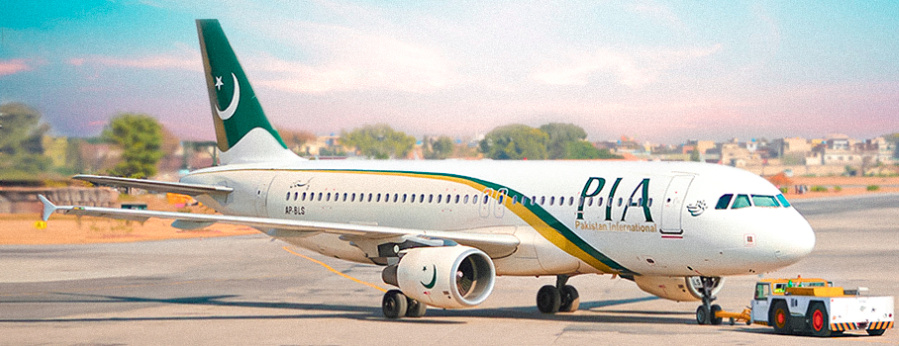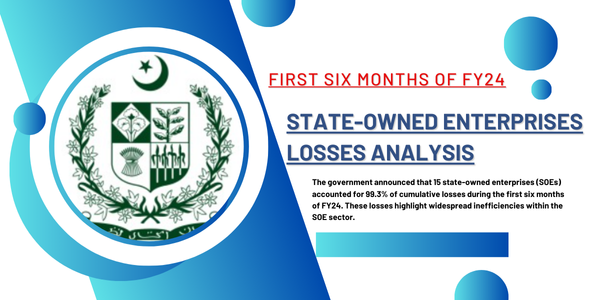Pakistan International Airlines (PIA) Retained on UK Air Safety List
Overview of the Crisis
PIA’s Safety Concerns Persist as Pakistan International Airlines (PIA), once celebrated as the national pride of Pakistan’s aviation sector, remains unable to operate in the United Kingdom due to its continued inclusion on the UK air safety list. This ban has highlighted significant safety concerns and strained the airline’s financial resources and international reputation. The fake pilot licenses scandal uncovered in 2020 continues to cast a shadow over PIA’s operations.
The UK Department for Transport first imposed this restriction in July 2020 after safety violations related to dubious pilot credentials came to light. Over the years, despite measures taken by the airline and Pakistani authorities to address the concerns, the ban remains firmly in place, affecting PIA’s flights to lucrative destinations such as London, Manchester, and Birmingham.
Historical Perspective
Founded in 1955, PIA was once a symbol of excellence in Pakistan’s aviation sector. It was known for setting benchmarks in passenger service and operational efficiency. However, decades of mismanagement, political interference, and deteriorating service quality gradually eroded the airline’s reputation. The 2020 Karachi crash, a tragic incident where a PIA flight claimed almost 100 lives, was a defining moment in this decline.
Subsequent investigations revealed that a significant portion of PIA’s pilots possessed fake or questionable licenses. This scandal shook the global aviation community and led to the suspension of PIA flights across various regions, including the European Union and the United States. The UK Civil Aviation Authority (CAA) and other international aviation bodies expressed serious concerns, requiring stricter compliance from PIA and Pakistan’s aviation sector.
The Ban and Its Financial Consequences
PIA has been unable to operate flights to, from, or within the UK since the ban took effect. The airline’s exclusion from the UK airspace has resulted in staggering financial losses, estimated at Rs40 billion annually. The inability to access this lucrative market has further compounded PIA’s financial challenges.
Though PIA resumed direct flights to European destinations earlier this year, progress in regaining UK airspace remains stagnant. The airline’s continued presence on the UK air safety list underscores the importance of meeting international aviation standards.
Recent Developments and Setbacks
While the UK Civil Aviation Authority has been in contact with Pakistani authorities, recent incidents have hampered progress. A notable example is a tyre detachment during a PIA flight, which is now under investigation by global air safety bodies and Airbus. Such occurrences delay discussions on lifting the ban and continue to tarnish PIA’s already fragile reputation.
Meanwhile, Pakistan’s government has approved a fast-tracked privatization plan for PIA, aiming to sell a 51-100% stake in the airline alongside management control. This strategic move seeks to reduce the financial burden on the national treasury and improve operational standards through private investment.
Reforms and Future Aspirations
Pakistani authorities have taken steps to reform aviation regulations, enhance pilot training, and improve compliance with international safety benchmarks. These efforts aim to address the systemic issues that have plagued Pakistan’s aviation sector and contributed to PIA’s decline.
PIA aspires to restore its operations to key UK destinations, such as London, Manchester, and Birmingham, which once served as major hubs. Rebuilding international trust and adhering to stringent aviation safety standards are central to these efforts.
Conclusion
PIA’s Safety Concerns Persist, reflecting the airline’s ongoing struggles to overcome challenges and regain its standing in international aviation. The continued inclusion of PIA on the UK air safety list underscores the importance of upholding strict safety protocols and operational standards in the aviation industry.
For Pakistan International Airlines, the road to recovery remains long and arduous, requiring systemic reforms, financial restructuring, and significant oversight. As the airline endeavours to overcome these challenges, only time will tell if it can rebuild its reputation and once again become a reliable name in global aviation. Until then, its future in UK airspace hangs precariously in the balance.



